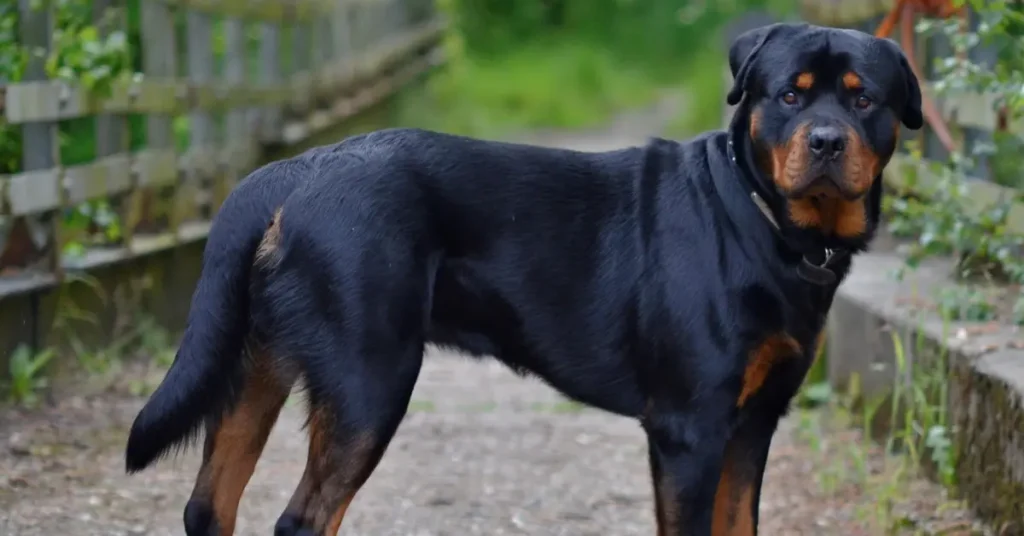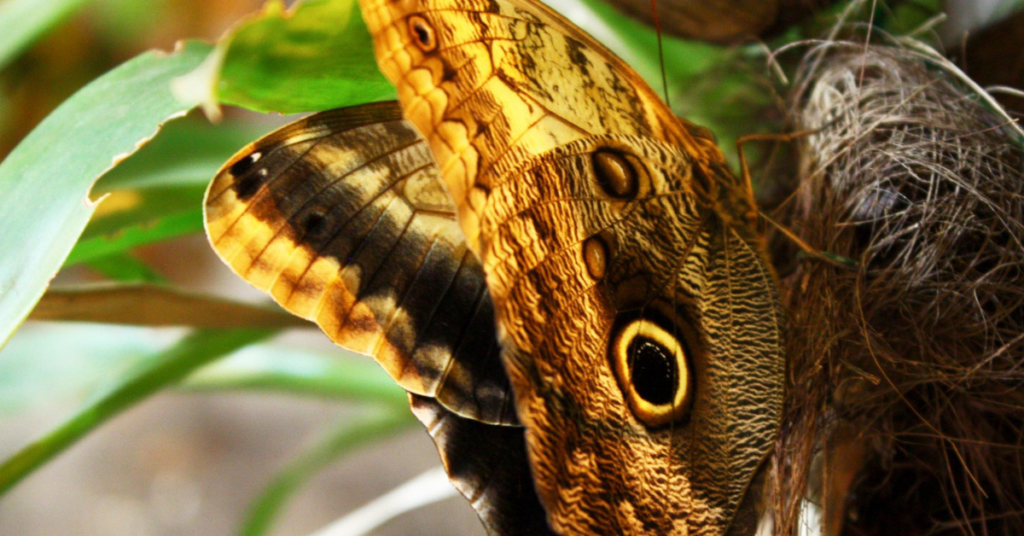Rottweiler Dog is a breed known for its muscular build, sharp mind, and deep loyalty. Originating as a working dog in ancient times. The Rottweiler Dog is one of the most powerful and loyal breeds in the world. They are more than just strong, watchful dogs they’re devoted, intelligent, and surprisingly gentle with the people they trust. With roots tracing back to Roman times, Rottweilers have long served as guardians, working dogs.
There’s something truly special about a Rottweiler. With their strong build, steady gaze, and calm confidence, they often come across as tough—but spend a little time with one, and you’ll discover a dog that’s deeply loyal, surprisingly gentle, and full of heart. Today, they’re still known as reliable guardians, but also as affectionate family pets who just want to be part of the pack.
We’ll explore what makes Rottweilers so unique their temperament, training needs, health care, and how to know if this powerful yet loving breed is the right fit for your home.
Table of Contents
ToggleOrigins and History of the Rottweiler Dog
The Rottweiler Dog breed originated from Roman drover dogs, which were used to herd cattle and guard livestock during military campaigns. As the Roman legions moved across Europe, they brought these dogs to regions such as Germany, where the breed evolved into the modern Rottweiler.
By the Middle Ages, Rottweilers were widely used in the town of Rottweil (hence the name) as butcher’s dogs—helping to pull carts and protect money pouches tied around their necks. Their dependable nature earned them a reputation for being strong, hardworking, and fiercely loyal.
Physical Traits and Appearance
- Size: Large
- Weight: 35 to 60 kg (males typically heavier)
- Height: 56 to 69 cm at the shoulder
- Coat: Short, dense, and black with well-defined rust markings
- Build: Muscular, broad chest, strong limbs, and a confident stance
The appearance of a Rottweiler Dog conveys strength and confidence. Despite their intimidating look, they are known for being calm and composed when properly trained and socialised.
Temperament and Personality
Golden Retrievers are adored for their loving and mellow temperament. They are incredibly patient and bond deeply with children. They also excel in obedience training and therapy work.
A Loyal Guardian and Family Companion
The Rottweiler Dog is deeply loyal and protective, making it one of the best breeds for families looking for a watchdog. But loyalty doesn’t mean aggression—when raised in a loving environment with early socialisation, Rottweilers are affectionate, obedient, and even gentle with children.
Key traits:
- Devoted to family
- Confident and self-assured
- Intelligent and alert
- Wary of strangers without being unnecessarily aggressive
Rottweilers thrive when given purpose. They love to learn, which is why training is essential to ensure they grow into well-balanced dogs.
Training a Rottweiler Dog: The Right Way
Because of their intelligence and natural guarding instincts, Rottweiler Dog training should begin early. A bored or untrained Rottweiler can develop behavioural issues, but with the right approach, they become obedient and calm.
Training Tips:
- Start obedience training as early as 8 weeks old.
- Use positive reinforcement (treats, praise, toys).
- Be consistent and firm, but never harsh.
- Socialise with people, dogs, and different environments.
- Teach commands like sit, stay, come, and leave it early.
Exercise Needs of the Rottweiler Dog
A Rottweiler Dog is highly energetic and needs daily physical and mental stimulation. Lack of exercise can lead to frustration and destructive behaviour.
Exercise Requirements:
- At least 1 to 2 hours of daily activity
- Walking, jogging, agility training
- Tug-of-war, fetch, or puzzle toys
- Off-lead play in a secure garden or dog park
These dogs thrive on activity. If you’re an active individual or family, the Rottweiler will happily keep up with your lifestyle.
Feeding and Nutrition Guidelines
Proper diet plays a vital role in the health of a Rottweiler Dog. Since they are large and muscular, their nutritional needs are higher than many other breeds.
Feeding Tips:
- High-quality kibble or raw food diet
- Avoid overfeeding; monitor weight regularly
- Feed adult dogs 2 meals per day
- Add supplements like glucosamine (for joint health)
Grooming and Coat Maintenance
Grooming Routine:
- Brush once or twice a week
- Bathe once a month or when needed
- Trim nails every 3-4 weeks
- Clean ears weekly to avoid infections
- Brush teeth 2-3 times a week
Their grooming needs are minimal but still important for overall health and hygiene.
Common Health Issues and Prevention
Like all breeds, the Rottweiler Dog is prone to certain health conditions. Being proactive with check-ups and preventive care can help avoid complications.
Common Health Concerns:
- Hip and elbow dysplasia
- Osteosarcoma (bone cancer)
- Bloat (gastric torsion)
- Heart problems
- Allergies and skin conditions
Prevention Tips:
- Annual vet check-ups
- Regular exercise and weight control
- Avoid overexertion in puppies to protect joints
- Vaccinations and flea/tick control
- Consider pet insurance
Responsible breeding also helps reduce hereditary health issues. Always get your Rottweiler Dog from a reputable breeder or adoption centre that screens for health problems.
Living with a Rottweiler: Home Setup & Lifestyle Fit
The Rottweiler Dog thrives in environments where it has enough space to move freely and families that can dedicate time to their mental and physical wellbeing.
Ideal Living Conditions:
- A home with a secure, fenced yard
- Not ideal for first-time owners unless committed to training
- Needs regular companionship (they don’t like being left alone for long hours)
They can live in apartments only if provided with enough exercise, but ideally, they flourish in homes with room to roam.
Adopting a Rottweiler Dog: What to Expect
Before bringing a Rottweiler Dog into your life, make sure you’re ready for the commitment. Owning one is a long-term responsibility that can last 8–10 years or more.
Things to Prepare:
- Find a vet experienced with large breeds
- Invest in strong leashes, collars, and toys
- Puppy-proof your home if adopting young
- Prepare for early training and socialisation
Is a Rottweiler Dog Right for You?
Choosing a Rottweiler Dog means choosing strength, loyalty, and responsibility. If you’re willing to invest time in training, love, and care, you’ll gain a lifelong friend who will guard your home and shower you with affection.
Conclusion
The Rottweiler Dog is not just a muscular and imposing breed—it is intelligent, loyal, and capable of being a loving member of the family. From their Roman ancestry to their modern roles in homes and service sectors, Rottweilers are truly remarkable dogs.
Owning a Rottweiler Dog is a rewarding experience, but only if you’re prepared for the responsibility. With the right training, health care, and attention, this breed will give back tenfold in love and loyalty.







